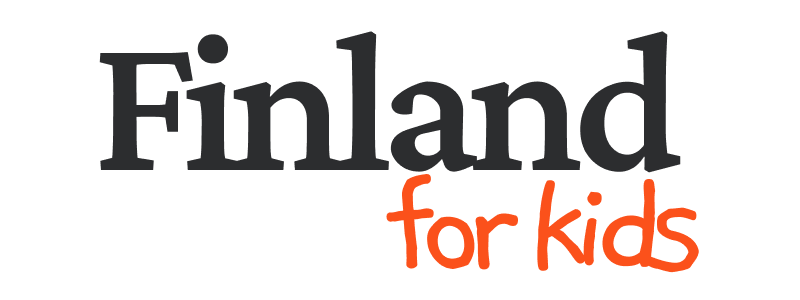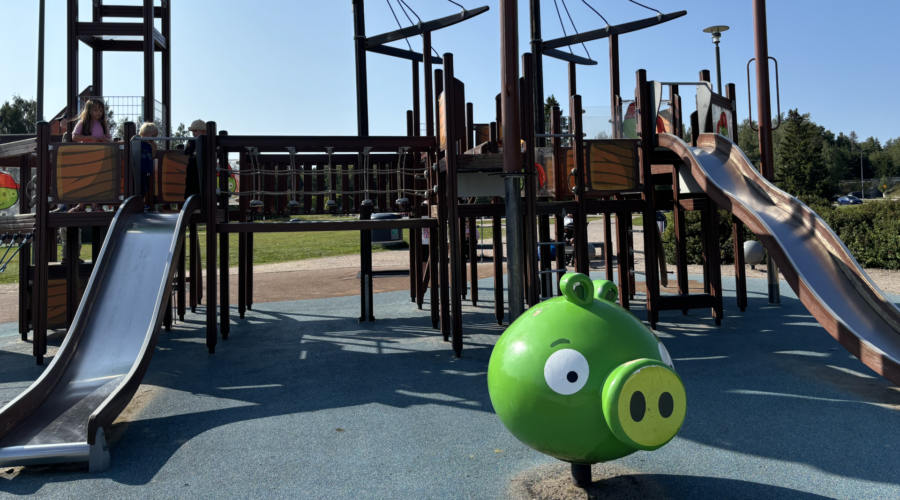10 Benefits of Raising Kids in Finland That Every Parent Should Know
The place where your children grow up can have a profound impact on their future. Finland is a great option If you are considering where to live as a family. The country is one of the best for families, with many benefits for both parents and children. Finnish policies and cultural values contribute to the well-being of families and the development of resilient, independent children. Here are ten key benefits of raising kids in Finland that every parent should know.
1. Raising Independent Kids in One of the World’s Top Education Systems
Finland has one of the best school systems in the world. Finnish students perform above the average in global education assessments, including the Programme for International Student Assessment (PISA). Education in Finland is free and high quality, from preschool through secondary school. The Finnish education system emphasizes student autonomy, encouraging children to take responsibility for their own learning from an early age. Children learn how to think critically and solve problems independently and school bullying is taken seriously. Compared to other countries, Finnish schools focus less on standard tests and more on collaboration and creativity. Another advantage of the Finnish education system is the low student-to-teacher ratio (approximately 12 students per teacher) which allows for personalized attention and support.
In Finland we teach our children to be independent a lot earlier than most countries. For example kids walking to school on their own at an early age. There are after school activities for 7 and 8 year olds but they might spend some time alone at home. In some countries this is illegal but here it’s common.
Joonas, 32, Vantaa
2. Work-Life Balance that Empowers Working Parents
Finland is known for its generous parental leave policy. Both parents can share up to 320 days of paid parental leave. This policy has a big impact especially for women in the workforce. Mothers can take the time they need to care for their newborns without sacrificing their careers. That’s one of the reasons why Finland ranks second on the Global Gender Gap Index 2024.
Private organizations also contribute to making Finland a great place for working parents. Finnish employers are very accommodating to the needs of working parents. Flexible work arrangements, including remote work and part-time positions, enable parents to manage their family responsibilities effectively. The easy access to high-quality, affordable childcare also ensures new moms can return to work knowing their small children are well cared for.

3. Affordable, High-Quality Childcare for Everyone
Public daycare in Finland is accessible and cheap. The fees for municipal daycare depend on family income but are typically less than 300 euros per month. For low-income families, public childcare can be completely free. In Finnish daycares, child development is considered as a whole, with a focus on social skills, emotional growth, and creative expression. There are strict rules regarding the number of children each adult is responsible for, ensuring dedicated attention for younger kids.
Parents in Finland feel confident that their young children are cared for by trained early childhood educators in well-maintained facilities. The educational framework in Finnish daycares creates a nurturing environment where children can explore and learn through play.
The biggest difference between raising kids in Finland vs the UK, where I’m from, is the cost. I have friends who spend more than £1000 on daycare, while here it is subsidized by the government. Parents also get to travel for free using public transportation when using a pram.
Charlotte, 45, Helsinki
4. A Safe and Secure Environment for Families
Finland is one of the safest countries in the world. 99% of expats living in the country feel safe, which is significantly higher than the global average (84%). Some of the reasons for this safe feeling are the low crime rates and the strong sense of trust among people. This safety extends to neighborhoods, schools, and public spaces. Parents don’t need to worry about letting their children play and explore outside of their homes. In fact, is not uncommon for parents to leave their babies sleeping outdoors as they browse a store or eat at a restaurant.
5. (Almost) Free Holistic Healthcare
According to the Constitution of Finland, every resident is entitled to adequate social, health, and medical services, ensuring that everyone has access to top-quality, affordable healthcare. This commitment has resulted in one of the lowest infant mortality rates globally, reflecting the effectiveness of the healthcare system.
Pregnant women and young children receive free healthcare support, which is crucial for their well-being. Finland’s universal healthcare system encompasses essential medical services, including preventive care, mental health support, and specialized treatments, often at little or no cost. Typically, citizens pay only a small fee for visits to healthcare providers, making it easier for families to prioritize their health without financial burden.
Every woman will have a different story about giving birth in Finland. For me, considering it’s public healthcare available to all citizens, it was a great experience. I felt supported throughout my pregnancy, even though the number of scans and doctor appointments is lower than in private healthcare systems in other countries (for a healthy pregnancy). After a postpartum infection, I even received home care, with a doctor administering intravenous antibiotics once a day for a week. The fees were very affordable, allowing me to care for my children at home.
Simone, 36, Espoo
6. Dedicated Social Services Focused on Family Well-Being
In Finland, dedicated social services support family well-being by catering to their particular needs. These services include access to parenting support, family counseling, and resources for managing work-life balance, helping parents navigate the challenges of raising children. Families can apply for home services, which provide help with household chores and childcare during special circumstances. This support is particularly beneficial for parents of young children or those experiencing challenging situations, such as illness or increased workload. Home services can be arranged on a temporary or regular basis, depending on the family’s circumstances, and are typically subject to a fee that is determined by the family’s income.
7. Year-Round Outdoor Play, No Matter the Weather
In Finland, there’s no such thing as “bad weather,” just “bad clothing.” Finnish children are encouraged to embrace the outdoors, whether it’s sunny, rainy, or snowy. By spending more time outside, children can develop strength and coordination while creating a deeper connection with nature. Playing outside also teaches resilience and adaptability, as children learn to dress appropriately and play different games according to the weather.

8. An Equitable Society Committed to Fairness and Inclusivity
The Finnish society is committed to fairness and inclusivity, providing every child the opportunity to thrive regardless of their background. Social policies are designed to support families from various socio-economic backgrounds and Finland actively promotes gender equality so that both parents can engage equally in family and work lives. This inclusive atmosphere helps children develop a sense of belonging and respect for diversity, as they grow up in a society that values and celebrates differences.
9. A Free Maternity Package for Growing Families
In Finland, every family expecting a baby receives a box filled with essential items for mom and newborn care. The Finnish baby box is a unique benefit offered by Kela, the Finnish social insurance institution. The box contains essential items such as baby clothes, bedding, diapers, and health care supplies. The benefit was introduced in 1937 for low-income families and made available to all mothers in 1949. The Finnish baby box is a symbol of Finland’s dedication to child welfare and has inspired similar initiatives in different countries.

10. A Multicultural and Multilingual Environment for Children Development
Finland has increasingly become a multicultural society in recent years, with a vibrant mix of ideas, traditions, and values. As a result, children in Finland are exposed to a wide range of perspectives, helping them develop empathy and understanding for others. Additionally, Finland is multilingual by default, with Finnish and Swedish as official languages, and supports language diversity through many international schools and preparatory classes for foreign students. This linguistic diversity enhances children’s learning experiences, promoting adaptability and cognitive flexibility. The combination of a multicultural environment and multilingual opportunities makes Finland an excellent place to raise children prepared to thrive in an interconnected world.
From a world-class education system to an emphasis on work-life balance, Finland creates an environment where children can thrive emotionally, socially, and academically.



